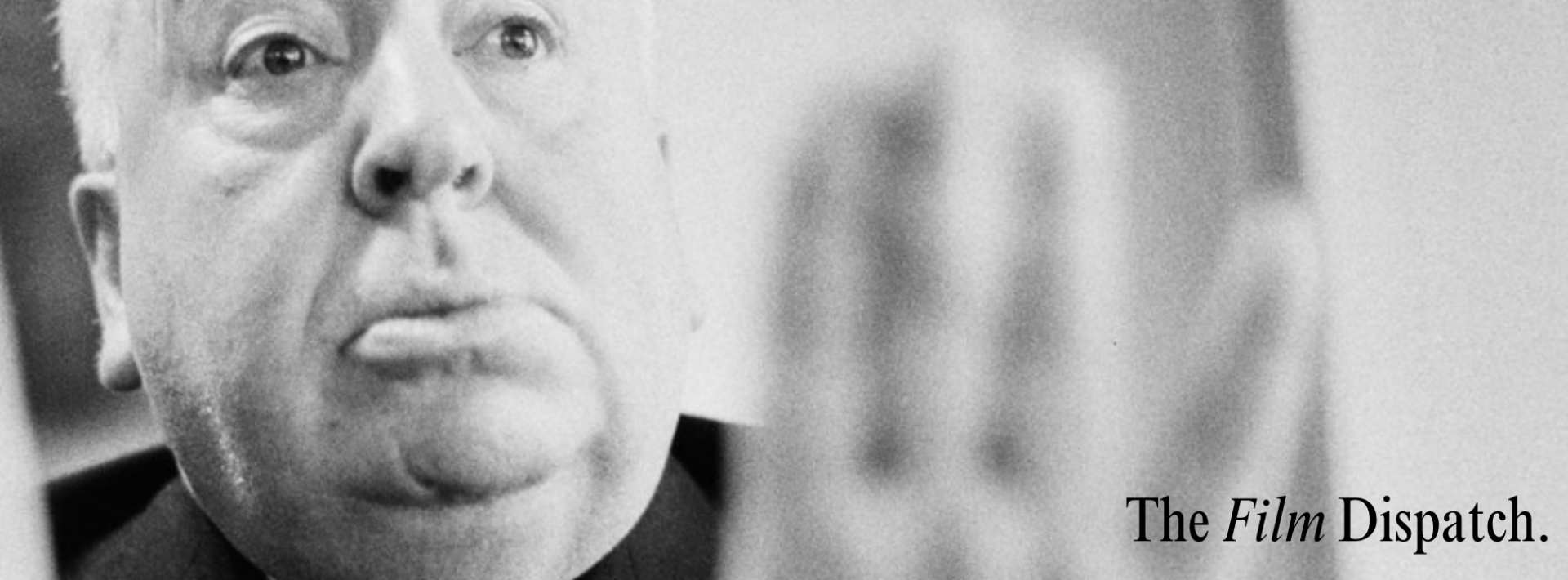How does one discuss, and remember, a film that resists both discussion and memory? Rhys Monaghan unfolds the layers and lands of time that confound in Mark Jenkin’s latest feature, Enys Men.
Mark Jenkin’s Enys Men (2022) does not lend itself easily to interpretation in an 800-word article, largely because it does not lend itself easily to interpretation at all. This film’s elusive multiplicity is best captured by the difference between Peter Bradshaw and Mark Kermode’s Guardian reviews. Both commentators have high praise for Jenkin’s island-based Cornish ‘horror’, yet these praises fall on completely different aspects of the film. Bradshaw celebrates the film for the tale it tells around the lone woman (Mary Woodvine) who populates most of its scenes; a volunteer performing a daily inspection of an island whilst, ostensibly, being haunted by events that are occurring and have occurred on and around it. Bradshaw takes a view of everything else as essentially just pretty, eerie colours on a pretty, eerie island, that help to tell this story. For Kermode, however, that tale is set alongside a backdrop which utilises its prettiness and eeriness to communicate an equally central complex and a “richly authentic” Cornishness. In a film so resistant to cohesive interpretation that the word ‘frustrating’ features in almost all of its reviews, these opposing perspectives are not surprising. But their distinctions hit upon the source of Enys Men’s mystery: the question of its protagonist. This is a film which misdirects as to who or what is at its centre, in order to immerse the audience in the accrued, and accruing, multidimensionality of localised land. Through this immersion, the film demonstrates how any relation to that land embodies the land’s past, its present, and its future.
When watching a film in which almost all of the scenes show just one woman wandering around an island performing variations on the same routine, the assumption is that we have, to at least some extent, been shown our protagonist. Yet Woodvine’s character exists in this film exclusively as a symbol of how the individual relates to the film’s true protagonist: the island. Throughout this film the volunteer is bombarded with a set of visions which conflict and recur: she returns to her house each day and eats and sleeps there, yet also regularly sees it dilapidated; she sees a young woman ambiguously either her daughter or herself at a younger age; she sees miners dead underground, and local women from a previous century on the hills; and she regularly encounters the boatman, who delivers her fuel, both as a sexual partner and a drowned corpse. On the surface, these conflicts – which remain unresolved – produce a narrative which refuses to prioritise one singular chronology or plot, instead presenting pieces of differing chronologies and differing plots which interrupt and merge with each other, and, consequently, all come to be presented as equally true. In this jarring and sustained interspersion, each moment is an isolated feature within the chronology of the narrative, and yet also a foundational, deliberately employed aspect of it. This dichotomy, combined with the way in which the visions also blend past and future, renders the film atemporal – or, rather, gives it a kind of meta-temporality, encompassing all time simultaneously.
With the events depicted in all of these visions being rooted in the inhabitants of the island, as well as the aging of aspects of the island and the threats posed by the island’s nature, our true protagonist emerges: the island itself. This is only emphasised by the closest thing to a definitive present-day narrative offered by the film being the volunteer’s daily routine – a monitoring of the island which merges science and superstitious ritual.. Unnamed, her existence consists exclusively of living on, and interacting with, the island: her essence is local. With the land and its local centred, it becomes clear that this is not a film which aims at any kind of linear narrative in the first place. Enys Men’s objective is instead to immerse the viewer in a symbolic experience of the relationship between the two: the way in which belonging to a piece of land constitutes an embodiment of its past, its present, and its future simultaneously; the way in which the local’s present belonging is bookended by their absence; and the way in which the land’s traditions and natural phenomena possess an immortal, foundational role in the formation of localised identity to the point of being deific. Crucially, this is a relationship which both bonds (as demonstrated by the symbiosis of the island’s lichen growth being mirrored on the body of the volunteer) and haunts (captured by the incongruity and unpredictability of the visions, as well as the gorgeously unsettling sound imagery). It is the sublime uncovered in the roots of the quotidian, and is best captured in voices through the radio interchangeably begging for a connection, (‘are you there?’), and suggesting an inevitable destruction (‘Mayday! Mayday!’).
In a film whose director is emphatically Cornish and whose title is Cornish for ‘Stone Island’, the centring of the relationship between a local and a Cornish island is likely intended as a centring of Cornish-ness. Yet, in exploring that relationship, Jenkins has created a film which transcends any specific local or locale, instead articulating the broader dichotomous human relation to place, in which belonging to the transhistorical memory of a location simultaneously welcomes and terrifies.
by Rhys Monaghan

